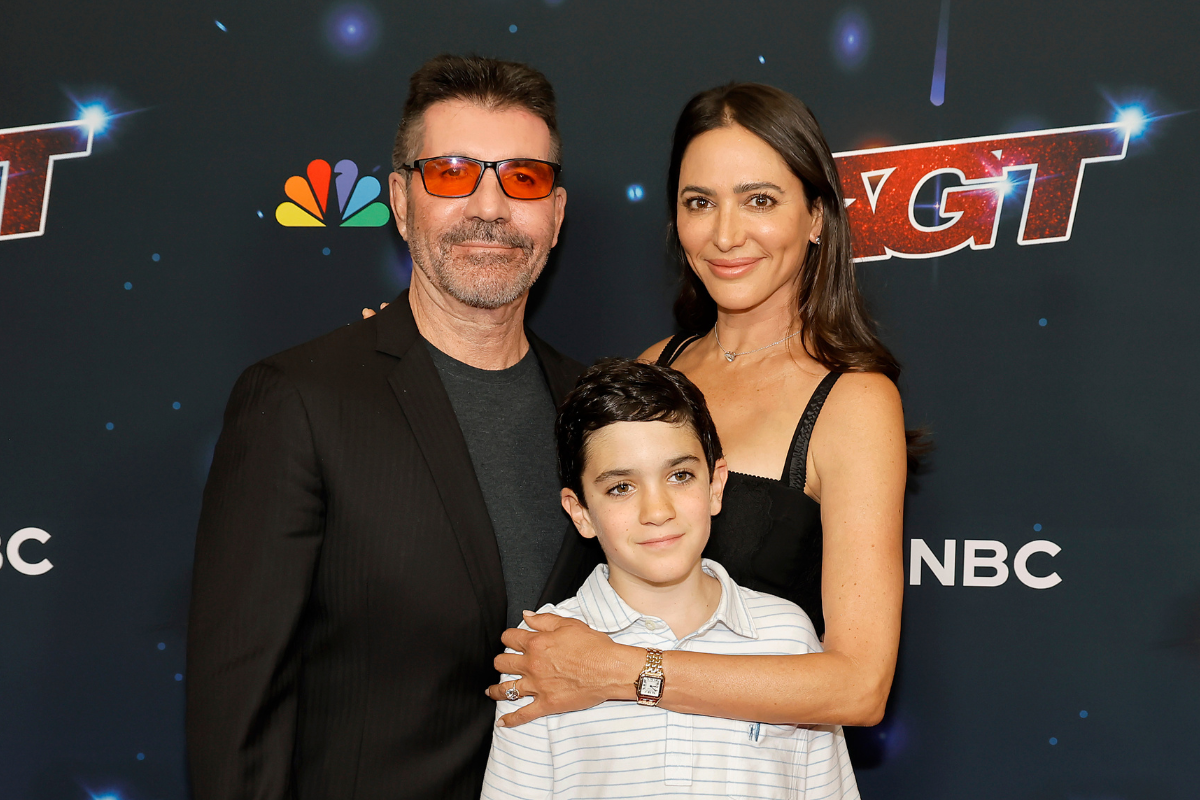On the evening of August 22, 2025, 23-year-old Iryna Zarutska, a Ukrainian refugee who had fled the war in her homeland seeking safety in the United States, was brutally murdered aboard a light rail train in Charlotte, North Carolina. The senseless killing, caught on surveillance footage, has since gripped the nation, stirring outrage and renewed debate over transit safety, mental health, and justice system failures.
A Life Cut Short on Her Way Home
Iryna, originally from Kyiv, had come to the U.S. with her family in 2022, determined to rebuild her life. Bright, hardworking, and artistic, she juggled multiple jobs — from caring for seniors to working in a pizzeria and helping with neighborhood pets — while dreaming of becoming a veterinary assistant. Friends described her as compassionate, dedicated, and someone who carried hope even after fleeing war.

On the night she was killed, she boarded the train in her work uniform. Sitting quietly, she had no idea that within minutes she would face her final moments. Witnesses say the attacker suddenly pulled a knife and stabbed her repeatedly, including in the neck. Despite passengers nearby, no one managed to intervene in time. She bled to death before medical help arrived.
The Attacker’s Troubling Past
The man arrested for her killing was 34-year-old Decarlos Brown Jr. His background paints a picture of systemic failure: homeless, reportedly struggling with severe mental illness, and carrying a long criminal record that included robbery, burglary, assaults, and misuse of emergency services.
Despite this, he had been released multiple times under lenient bail policies. Many now question how a man with such a history — and obvious warning signs — was allowed to walk free until he committed a crime that claimed the life of an innocent young woman.
The Charges and Federal Intervention
Brown was immediately taken into custody after the attack. Authorities charged him with first-degree murder at the state level, before federal prosecutors stepped in with an even more severe indictment: committing an act of violence resulting in death on a mass transportation system. This federal charge carries the possibility of life imprisonment or even the death penalty.

Officials emphasized that such a crime is not just an attack on one individual, but on the safety and trust of public transportation itself.
Public Outcry and Political Shockwaves
The release of surveillance footage showing Iryna’s final moments has sparked both grief and anger. Public figures, community leaders, and ordinary citizens have expressed heartbreak — but also fury at a justice system that failed to prevent such a tragedy.
Some politicians have pointed to the case as proof of the dangers of “soft-on-crime” policies. Others argue it reflects a lack of mental health infrastructure to treat people like Brown before they become violent. The divide has only fueled national debate.
Meanwhile, Iryna’s family, already displaced by war, now faces the unimaginable pain of losing a daughter who sought safety in a new land — only to meet a brutal end.
Demands for Change
The killing has raised urgent questions about public transit security. Officials are now under pressure to expand patrols, increase surveillance, and create better safeguards to protect passengers. Mental health advocates are also demanding reforms to ensure dangerous individuals receive treatment before they pose a threat to others.

As one observer put it, “This was not just the death of one young woman. It was the failure of an entire system.”
A Legacy of Innocence and Strength
For those who knew her, Iryna will not be remembered as a victim, but as a survivor of war who brought light and kindness to everyone she met. Her story, though cut tragically short, has become a symbol — a reminder that safety, justice, and dignity are rights that should never be compromised.
In Charlotte and far beyond, her name has now become a rallying cry: not just for justice, but for change.
Chicago — It has been less than an hour since devastating news broke, and already the entertainment world is reeling. During a special taping of America’s Got Talent in Chicago, Simon Cowell’s family confirmed a development that has left fans and colleagues in shock.
For decades, Cowell has been a fixture of global television, known for his sharp wit, unflinching honesty, and uncanny ability to spot talent. Yet today, audiences were forced to see him not as the indestructible judge but as a man facing a personal battle that no spotlight can hide.

A Legacy of Tough Love
Born in London, Cowell rose from a record executive to a television icon, shaping cultural history with shows like American Idol, The X Factor, Britain’s Got Talent, and America’s Got Talent. His blunt critiques defined an era of reality TV, making him both feared and respected. From One Direction to Leona Lewis and Susan Boyle, countless careers were born under his watchful eye.
But behind the persona of the unbreakable judge, Cowell carried immense pressure—balancing global franchises, endless scrutiny, and the armor of invulnerability. Those close to him often spoke of the toll this took, even as the world continued to see only his steely exterior.

The Moment in Chicago
Witnesses described Cowell appearing subdued during the taping: his words shorter, his presence dimmer. Hours later, confirmation arrived—an announcement from his family acknowledging that his health and well-being have become uncertain. Specifics remain private, but the ripple effect has already shaken the industry.
For someone who built his empire on control, the loss of control over his personal condition feels like a cruel twist of fate. The news has sparked tributes from former contestants, heartfelt messages from colleagues, and a flood of support from fans around the globe.

An Outpouring of Support
Social media is filled with hashtags like #StayStrongSimon and #WeLoveYouSimon, with fans recalling moments when his tough words inspired growth. Fellow judges have expressed concern, and British tabloids have dubbed it “Cowell’s Darkest Hour.”
More than just the fate of America’s Got Talent, this moment forces reflection on Cowell’s humanity. Behind the biting remarks and piercing eyes is a man who shaped culture for decades—and who now faces a battle that transcends television.
Conclusion
Simon Cowell has always been the judge, the arbiter of dreams and destinies. But today, the spotlight has shifted. For the first time in a long time, the world is not judging Simon Cowell—it is standing with him, in empathy, solidarity, and hope for what comes next.
Leave a Reply